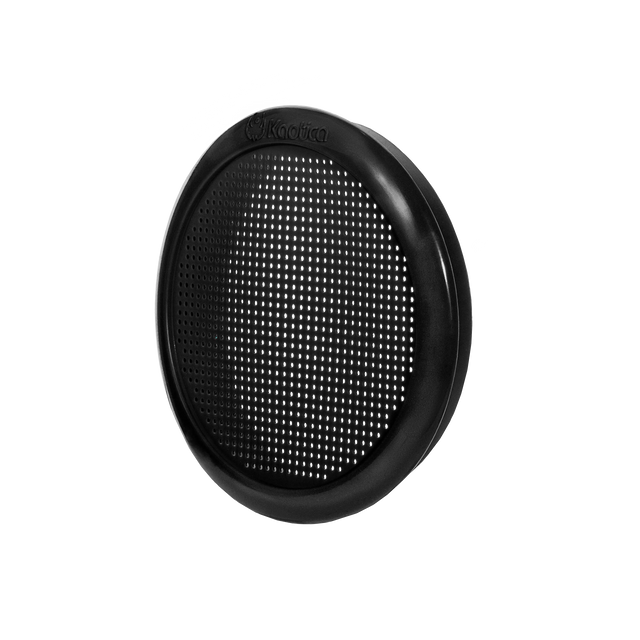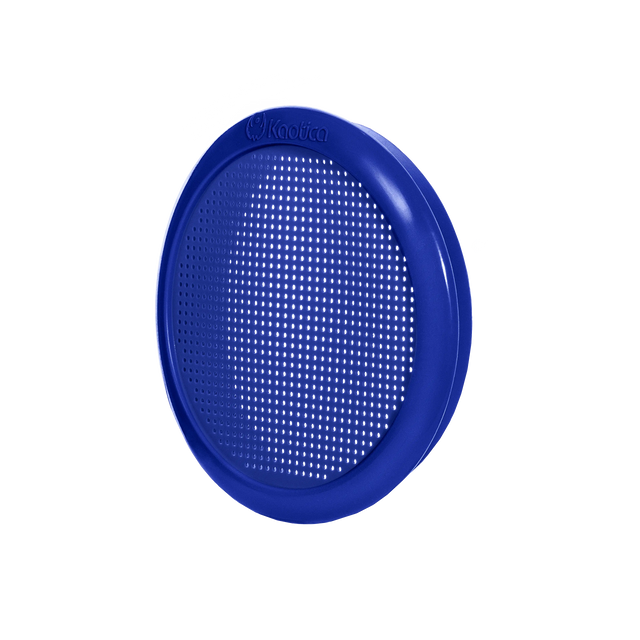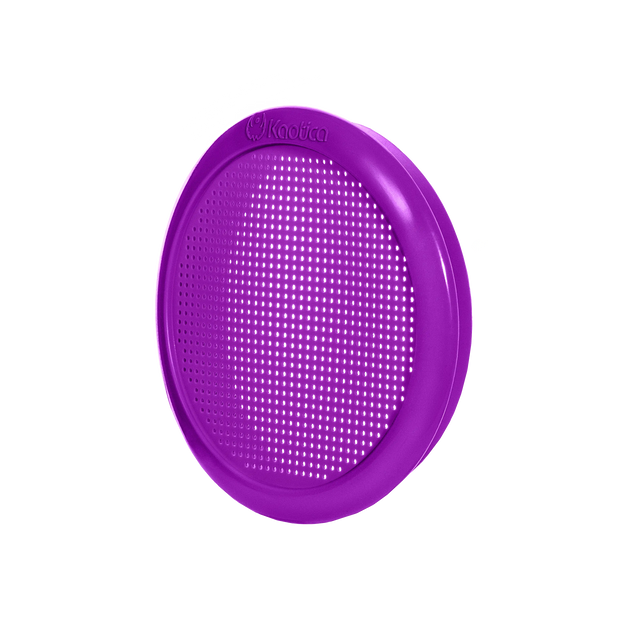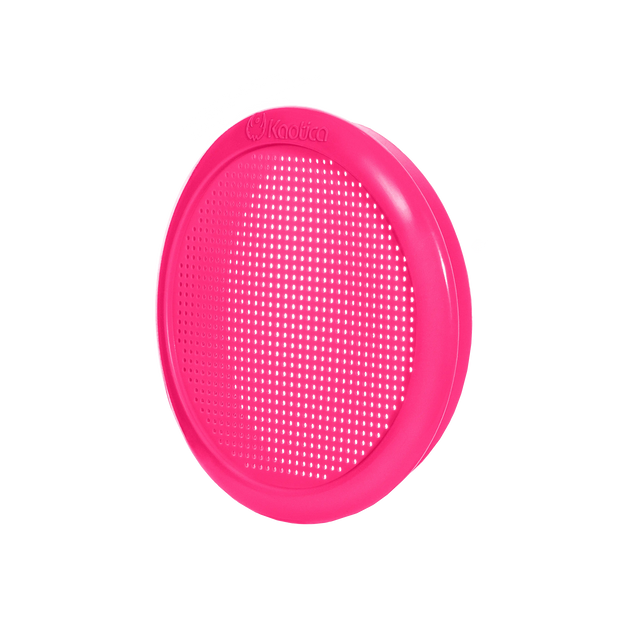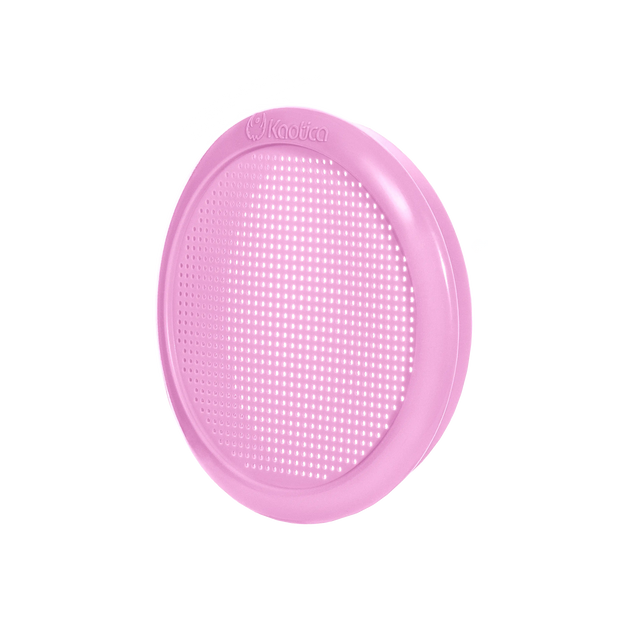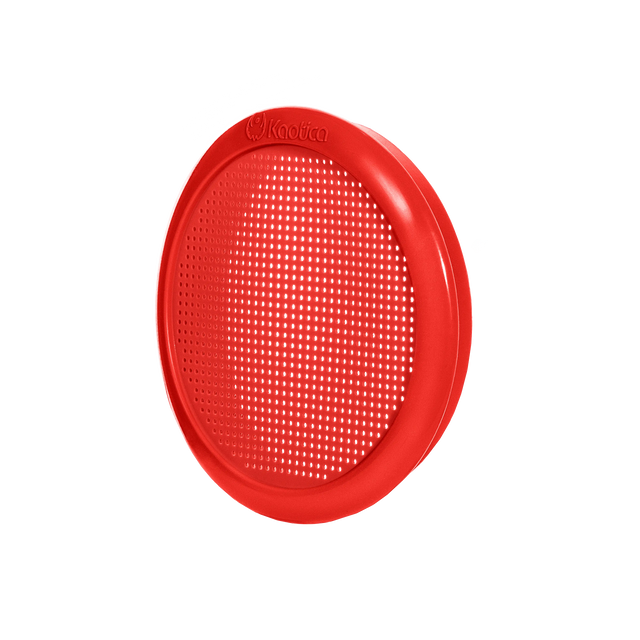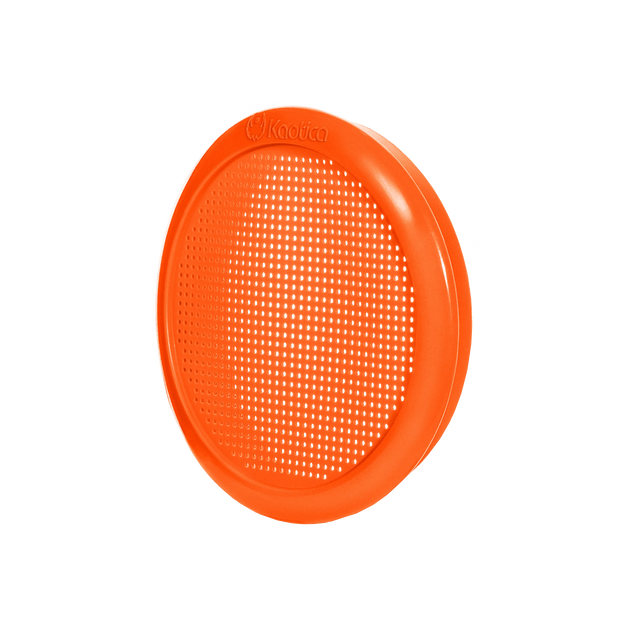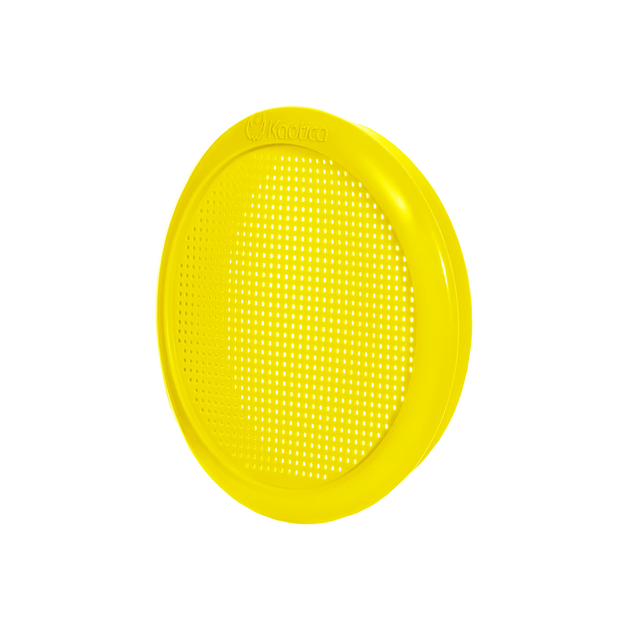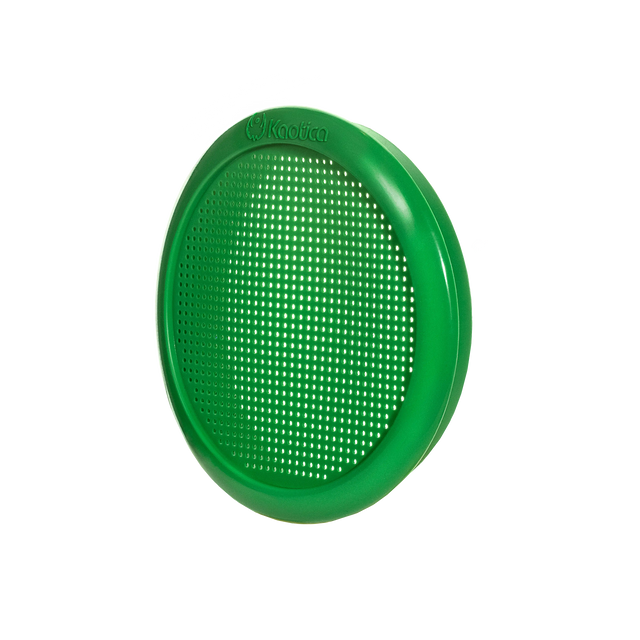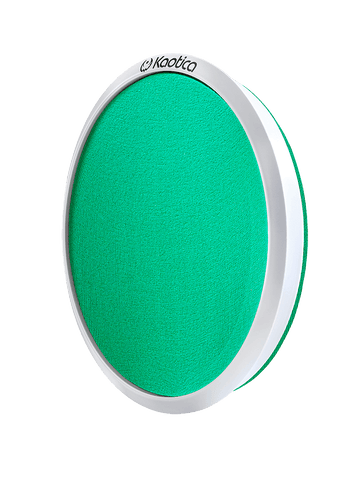
J Rhodes | These beats ain't Free
When you think of the major hubs in the music industry a few obvious ones come to mind: New York, L.A., Atlanta, Nashville. The city that might not immediately roll off your tongue is Dallas.
So when Dallas native music producer, J Rhodes added a Billboard award, a Dove Music award, a Stellar award and a Grammy nomination to his resume for his production work on Lecrae’s much celebrated Anomaly record featuring the hit song, Welcome To America, you would think that Rhodes would have packed his bags for one of those music meccas and waited for the phone to ring with a whole slew of artists and labels looking to sprinkle a little of J’s magic dust on their own projects.
But J Rhodes doesn’t roll with the pack mentality. He wants to help put Dallas, or more specifically Oak Cliff, Texas the Dallas suburb he grew up in, on the map as its own music mecca.
You could say Rhodes has been making money off his creativity for much of his life. His earliest paid performances came from family members who used to reward J and his cousins for their improvised sketches by paying them with candy and money.
That trend continued into college where he was studying at the University of North Texas. It was there that he began to dabble with beat machines. His work immediately caught the attention of his peers and pretty soon, he was earning extra money selling his musical sketches to other aspiring artists on campus. But the artist would soon have to learn a new skill.
NECESSITY IS THE MOTHER OF MUSIC PRODUCERS
I used to be an artist when I was in college. But then my producer at the time, he left school. So it really was out of necessity that I had to learn production. And I found that as an artist, I was a lot of people's enemy. But as a producer I became a lot of people's friends.
"So I'm still the artist but the production side of it is really what kind of let me make my moves in the industry."
"So it was out of necessity but then it became my main weapon.”
That necessity drove him to eventually leave computer science behind in his senior year and pursue music full time. Rhodes honed his chops to a fine point and took on every beat battle he could find, which led him to L.A. where he crushed it at the ASCAP Beat Battle. There, his work caught the attention of Grammy winner Symbolyc One, who asked Rhodes to join his production team. Since joining with S1, Rhodes’ production resume now includes a star-studded cast of artists from the Game, Talib Kweli and Ab-Soul to Slim Thug, Rhymefest and Rapsody.
While Rhodes can throw it down on stage he lets it all hang out in the studio. We asked J how he uses the studio to make his music magic.
"WEAPONS OF MASS PRODUCTION"
“I guess you could just do everything you want to do in the studio. It's like being a producer is more idea based and so where some people have their instruments to be their weapon, my creativity is my weapon and in the studio I have a lot of weapons at my disposal.”
So what would Rhodes reveal as one of those secret weapons?
"YOU GOT TO CAPTURE THE SPARK"
“Usually when you get recordings back from artists they wouldn't match the beat that you made, you know. And it's a full package with music. You've got to have your beat that’s A1 and the vocals need to be A1 as well.
And so since I started using the Kaotica Eyeball it basically has taken away the necessity for my vocal booth. Sometimes creativity just sparks wherever you are and sometimes you don't want to have to go to the studio to do certain things. It may spark in a bathroom or whatnot and you just want to use that Kaotica to capture that spark. The technology has allowed us to easily carry around a portable recording studio. Basically, for me since I've had the Kaotica Eyeball, whenever creativity sparks I've been able to record maybe some vocals myself or an artist I've been working with has been able to record some vocals in the moment. So the gist is that the Kaotica Eyeball has pretty much become like a portable sound booth for me.”
We asked J how he came to know the Eyeball and how a product can change your workflow.
SAY GOODBYE TO YOUR VOCAL BOOTH?
“I was on a panel at ASCAP last year and Kaotica was a sponsor there. And then somebody just gave me this object I'm like, what is this? Is this some kind of microphone shield or a different take on a Reflexion filter? They kind of gave me a description of what it was and what it was supposed to do.
So I was initially kind of skeptical but once I brought it to my studio, man. See it really is all about workflow. There’s a lot of dope producers out there but it's the little separation points that every good item does for you. So the way that Kaotica Eyeball distinguishes me is the fact that I can record vocals quickly and not lose the quality. So at that point it's just another distinction between you and other producers. Because not only are you dope now but you're dope and you're quicker.
Like we used to have to go around the corner to set up the vocal booth. We had to set up the Ehrlich's and then another product that I used to use was the Reflexion filter. I say used to use because since the Kaotica came it just basically made the microphone shield a thing of the past. Because it's simple, it's quick and it's easy. You put the mike in it and you have studio quality vocals that quick.
And I just think that as technology grows in the future, I hate to say that the Kaotica Eyeball can replace the vocal booth but it's definitely going to give it a run for the money.”










